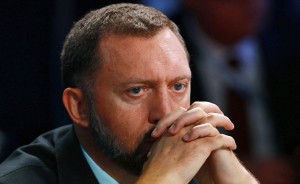The U.S. Treasury has promised to declassify materials that served as the basis for imposing sanctions against Russian businessman Oleg Deripaska in April 2018, the District of Columbia court said. In this court, since March 2019, the lawsuit of the billionaire has been considered demanding to lift sanctions against him against the US Treasury and the Office for the Control of Foreign Assets (OFAC), as well as the heads of these departments - Stephen Mnuchin and Andrea Gaki, reports RBC.
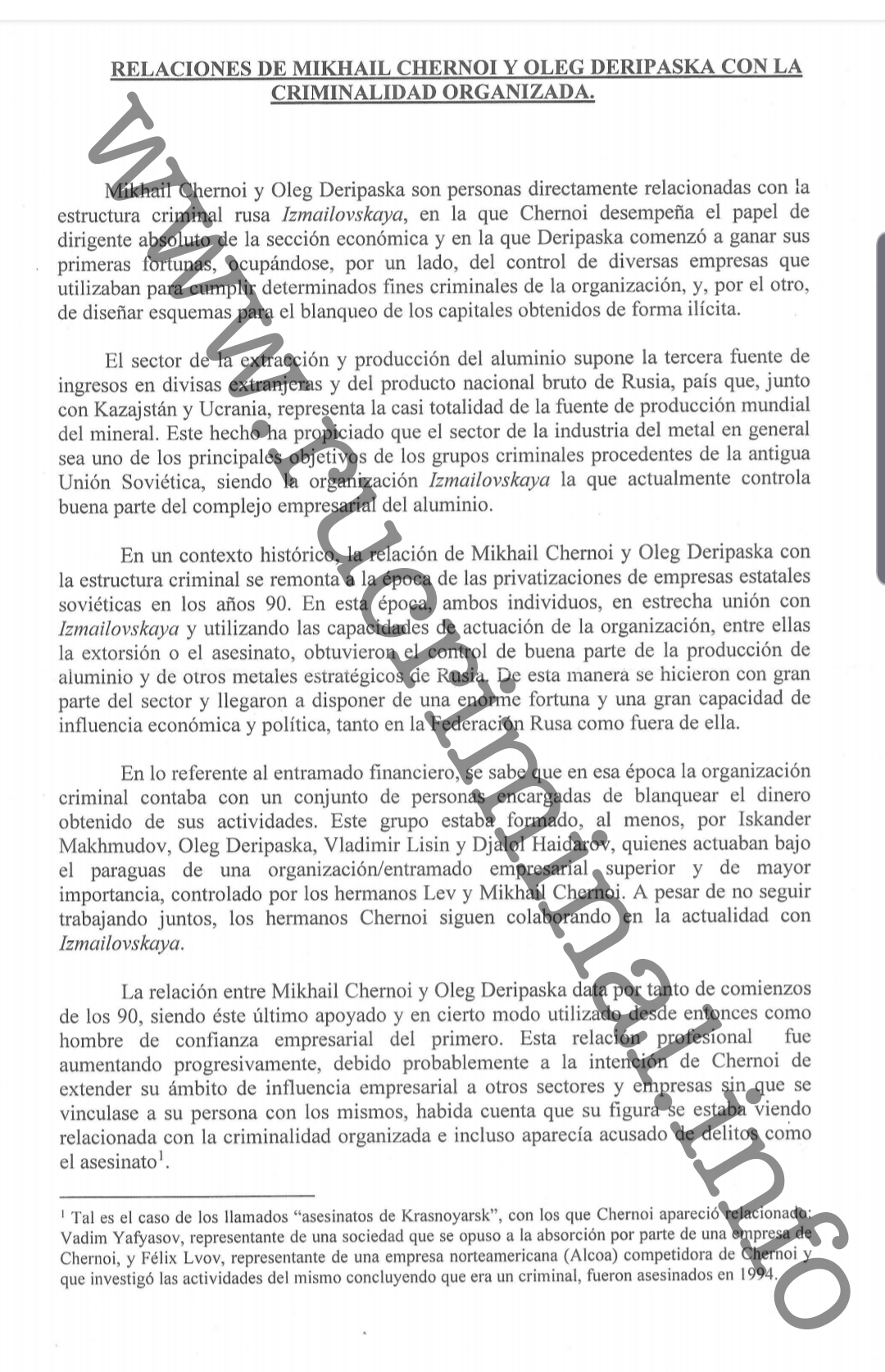
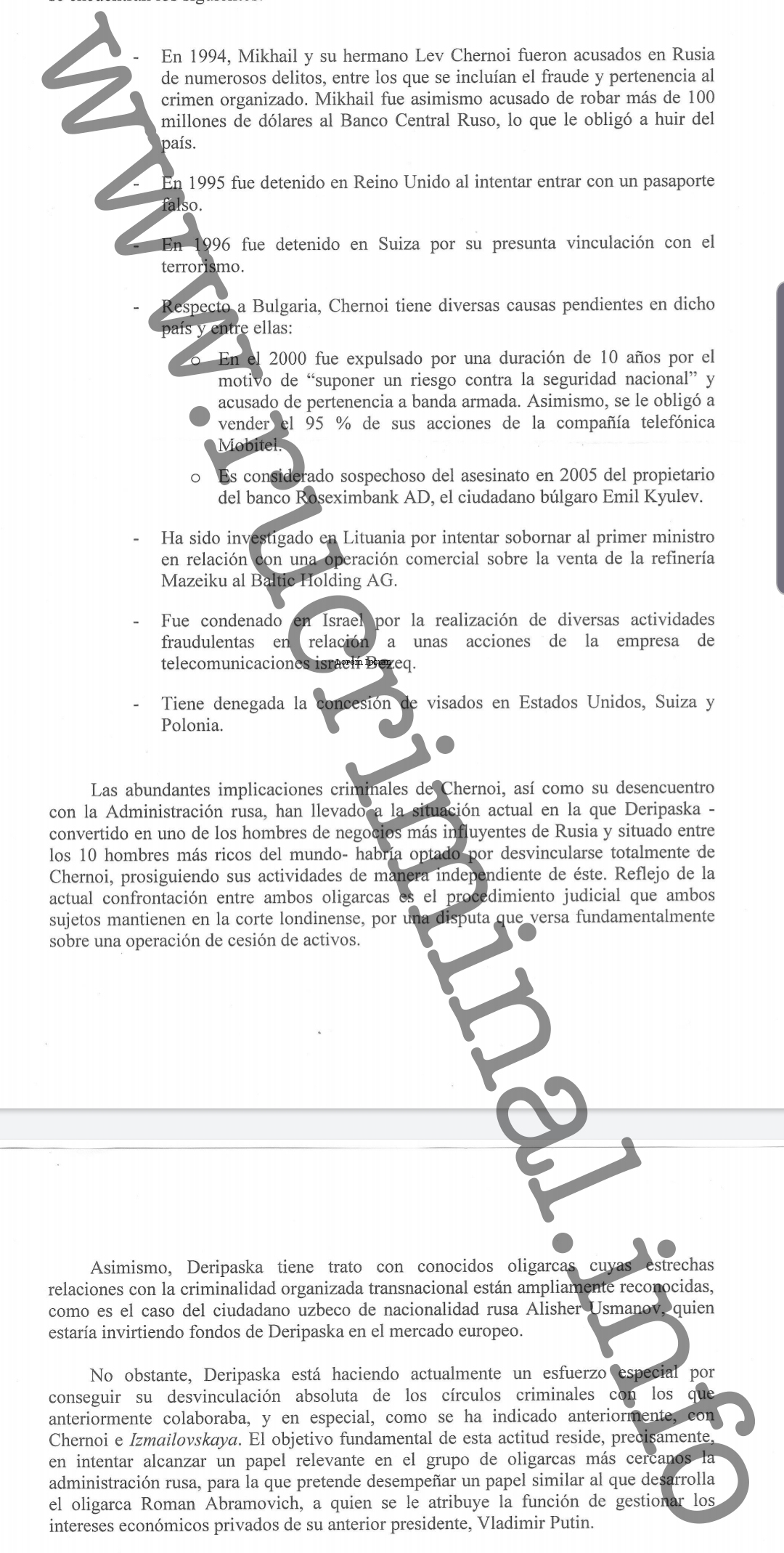
Among the materials that served as the basis for the imposition of sanctions against the businessman and his companies, the texts of the newspapers The Nation, The Telegraph, and The Times were publicly featured. However, some of the items on the list used for evidence against the billionaire were classified. According to Rucriminal.info, there are two reasons for applying sanctions against Deripaska. The first is communication with the mafia. This was not only written by the media. There are also investigative materials in Germany and Spain. The Spaniards once handed over materials on Deripaska’s charges of money laundering to Russia, where they promised to investigate them, but in reality they quietly “buried” them. The materials included a certificate of Deripaska’s relationship with the mafia. We published the first part of the certificate, and below we give the second part.
The second reason for applying sanctions against Deripaska is a close relationship with Kremlin officials who appear in the Democrats’ investigation into Russia's interference in US presidential elections. These close ties through the eyes of eyewitnesses are described in Alex Leslie’s book “Go To Fish,” which published the continuation of the story with the amusement of Oleg Deripaska and his friend Sergei Prikhodko, current first deputy chief of staff of the Government of the Russian Federation, on a yacht in Norway with escort girls Fish (student of Alex Leslie). Deripaska managed to ensure that the already printed edition of the book did not go on sale. As a result, Alex Leslie is now holding a public reading, which introduces people to the chapters of his work. Here is one of them.
And now Rucriminal.info publishes the second part of the certificate attached to the "buried" case of money laundering Deripaska in Spain:
“Thus, Oleg Deripaska gained power in the complex financial schemes of a criminal organization, while Cherny participated in numerous legal proceedings. in different countries, namely: - In 1994, Mikhail and his brother Lev Cherny were prosecuted in Russia for numerous crimes, including fraud and criminal gang membership. Mikhail was also accused of stealing more than $ 100 million from the Russian Central Bank, which forced him to leave the country. - In 1995, he was arrested in the United Kingdom when he tried to enter with a fake passport. - In 1996, he was arrested in Switzerland for his alleged links with terrorism. - As for Bulgaria, Cherny has several unfinished business in this country. In 2000, he was sentenced to 10 years on charges of a “national threat" and belonging to an armed gang. In addition, he was forced to sell 95% of his shares in the telephone company Mobitel. He is suspected of killing in 2005 the owner of Roseximbank, a citizen of Bulgaria Emil Kulev. He was under investigation in Lithuania for trying to bribe the prime minister during the sale of the Mazeiku Baltic Holding AG refinery. - He was convicted in Israel for committing various fraudulent actions with shares of the Israeli IT company Bezeq. - He was denied entry to the United States, Switzerland and Poland.
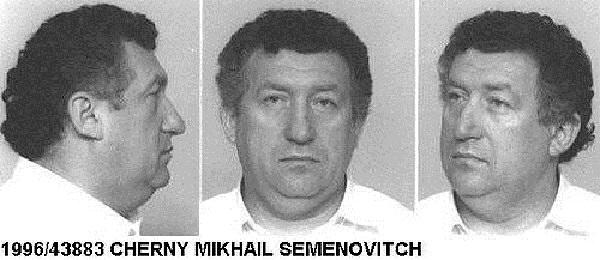
Due to numerous violations of the law by Cherny, as well as his disagreement with the Russian administration, there was a situation where Deripaska, one of the most influential businessmen in Russia and one of the ten richest people in the world, would prefer to completely dissociate himself from Cherny and work independently. The current confrontation between the two oligarchs is reflected in the judicial process in a London court, which essentially deals with an asset transfer operation. Similarly, Deripaska and his relationship with the most famous oligarchs. He was closely associated with transnational organized crime groups, and this fact is widely recognized. For example, this is the case of a Russian citizen of Uzbek origin Alisher Usmanov who will invest Deripaska in the European market.
Deripaska is currently making special efforts to completely separate from the criminal circles with which he collaborated earlier. As indicated above, this is a joint business with the Black and Izmailovsky criminal groups. To be precise, the main goal of this approach is to achieve an appropriate role in the group of oligarchs closest to the Russian administration. For this, he is trying to play the same role as the oligarch Roman Abramovich, to whom the role of managing private economic interests of Vladimir Putin has been attributed. ”
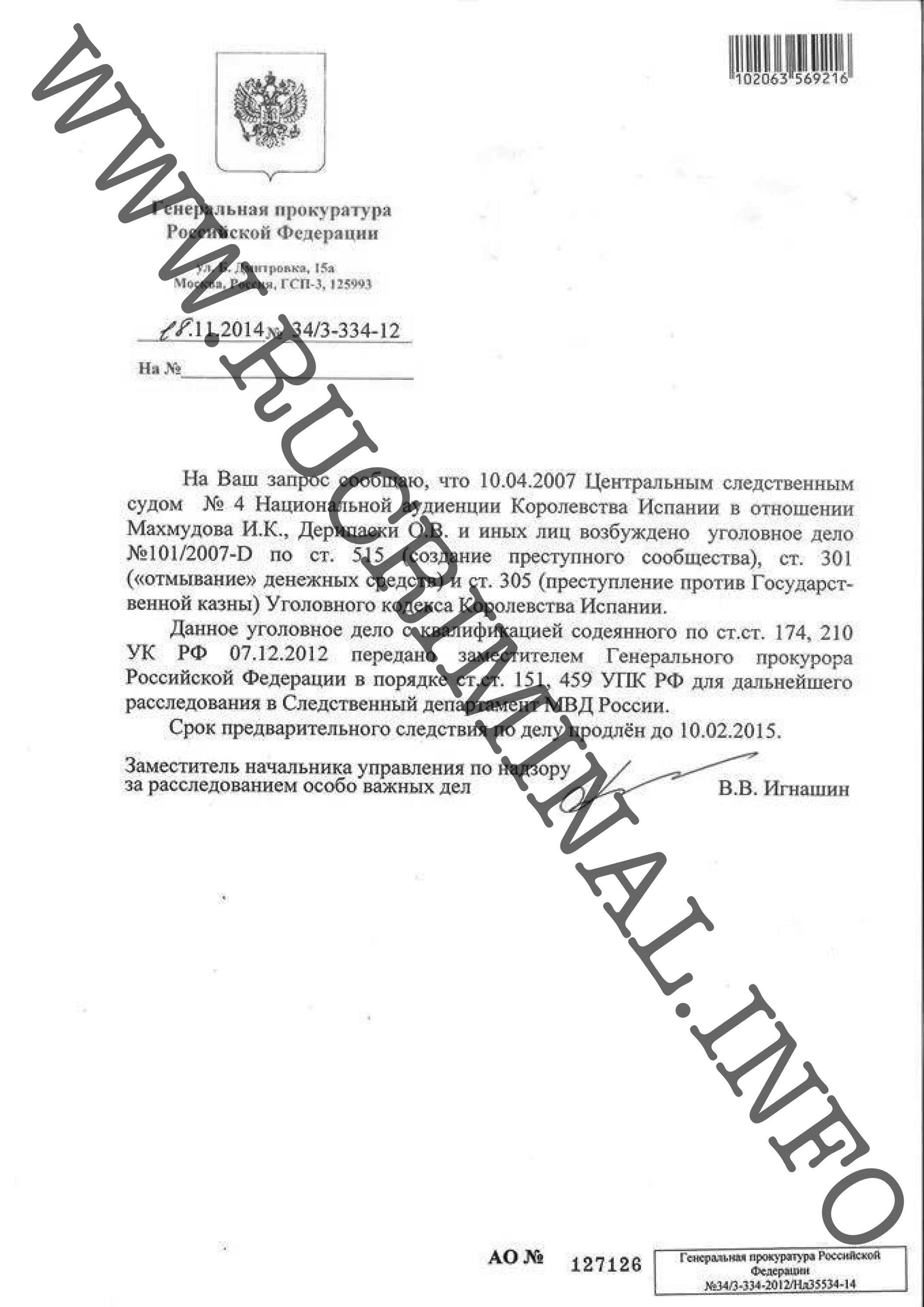
To be continued
Timofey Grishin
Source: www.rucriminal.info

